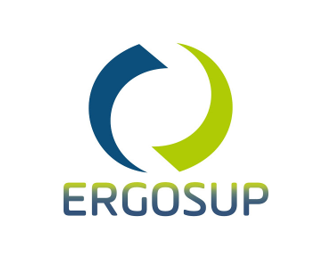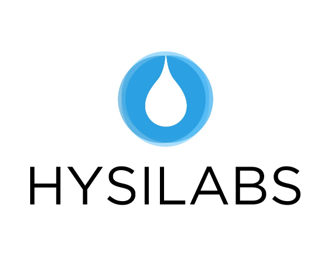123Fab #13
1 topic, 2 key figures, 3 startups to draw inspiration from

Is Hydrogen the fuel of the future?
Electromobility is a crucial topic these days, resulting from the need to tackle climate change and Battery Electric Vehicles (BEV) are receiving a lot of attention, boosted by the rise of Tesla and Elon Musk’s popularity. But the adoption of BEV is limited by battery technologies: uncertainty about battery life and charging times, the imbalance of electric grids and the shortage of raw materials — such as lithium which is a scarce material – are challenging the rise of BEV.
Another type of Electric Vehicle is catching up, using compressed hydrogen gas to generate electricity and power electric motors, called Fuel Cell Electric Vehicles (FCEV). The key difference with Battery Electric Vehicles is that FCEV are not powered by a battery that needs to be charged from an external power source. Indeed, hydrogen vehicles can produce their own electric power by filling up the fuel cell with hydrogen. Then occurs a chemical process of reverse electrolysis: the reaction of hydrogen with oxygen produces electrical energy, water and heat – which also means that FCEV do not generate any greenhouse gas emissions. Once converted into electricity, the energy can either be used to power the vehicle or be stored and used when needed.
Hydrogen fuel cell technology brings a new perspective in the development of electromobility. While Battery Electric Vehicles take several hours to charge, hydrogen vehicles take only a few minutes, which makes them highly operational and avoids breaking users’ driving habits. However, this technology also brings a new set of challenges:
- Hydrogen is flammable and an uncontrolled hydrogen reaction with air oxygen can cause an explosion
- Hydrogen (H2) is a particularly small molecule that makes metals brittle and is therefore likely to leak from polymer tanks, which means that new composite materials have to be created to make tanks safe
- Hydrogen is a low energy fuel, meaning that a large quantity is needed to power the vehicle. For this reason, the gas has to be compressed and stored in heavy and cumbersome high-pressure tanks
Some large companies and startups are developing new materials and fuel cell technologies to make FCEV safer, but there are also some players positioning themselves on the hydrogen technologies and services market.
Even though the technologies are yet to be improved, hydrogen appears to be a groundbreaking alternative power source for vehicles, with many noticeable benefits such as reduced noise and air pollution during charging. However, the development and adoption of hydrogen vehicles remain very slow due to the lack of existing refueling infrastructure: at the end of 2019, there were only 432 hydrogen refueling stations worldwide, of which 330 were open for public vehicle filing according to Fuel Cell Works. Consequently, the FCEV demand and production remains very low and the production is not yet to be industrialized, which is why the market prices of FCEV are still very high (around $80,000 according to BMW).
Given the positive impact on the environment and the charging-time benefits compared to BEV, the hydrogen vehicle market could grow significantly in the next decades, especially for large transport systems (trucks, buses, trains and air transportation). Major companies in the automotive and transportation space, as well as hydrogen producers, have invested heavily and joined forces to develop hydrogen-related technologies and democratize hydrogen as the next generation of fuel.
2 Key Figures
70 fuel cell startups
are focusing on developing solutions for the Industry and Mobility sectors.
Market size expected to reach $42bn by 2026
According to Allied Market Research, the global hydrogen fuel cell vehicle market was valued at $652 million in 2018 and is expected to reach $42 billion by 2026.
3 startups to draw inspiration from
This week, we identified three startups that we can draw inspiration from: HyPoint, Ergosup and HySiLabs.

HyPoint
HyPoint is a US-based startup developing the next generation of zero-emission and fuel-efficient hydrogen fuel cells for the aerospace industry and urban air transportation market.

Ergosup
Based in France, Ergosup is developing an innovative process for the on-site production of high pressure hydrogen for the refueling of hydrogen-powered vehicles.

HySiLabs
HySiLabs is a French startup delivering a unique solution to facilitate hydrogen transportation, storage and delivery for the industry and mobility sectors.
